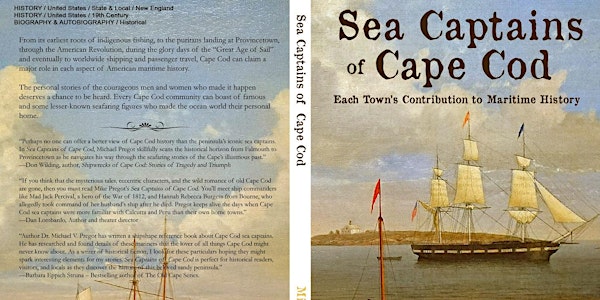
Whaling in New England
In the early 1800s whaling was among the most profitable enterprises in United States
Date and time
Location
Falmouth Historical Society
55 Palmer Avenue Falmouth, MA 02540Refund Policy
About this event
- 1 hour 30 minutes
Organized by
The Falmouth Museums on the Green, owned and operated by the Falmouth Historical Society, is a two-acre campus that has been serving the residents and visitors of Falmouth since 1900. One of the most popular sites in Falmouth for visitors, it contains the 1790 Dr. Francis Wicks House—a magnificent Federalist-period residence with guided tours demonstrating what life was like for an affluent physician in the late 18th and early 19th centuries; the recently-restored 1730 Conant House—used for exhibits, research and genealogy studies; the Hallett Barn Visitors’ Center—rebuilt in 2002 on the site of an original barn and used a welcoming point for those coming to Falmouth as well as the “Whaling Wives Gift Shop”; the Colonial Gardens—showing off plantings, such as a boxwood tree, that go back to the days prior to the American Revolution; Memorial Park—a tranquil place of refuge that is open to all visitors looking for relaxation; and the recently-opened (2012) Cultural Center—a superb, 3600 square foot structure used for public and private programs and events, public restrooms, kitchen facilities, and as a repository for archival collections to preserve Falmouth’s past. It also has a series of rotating historical exhibits throughout the campus.